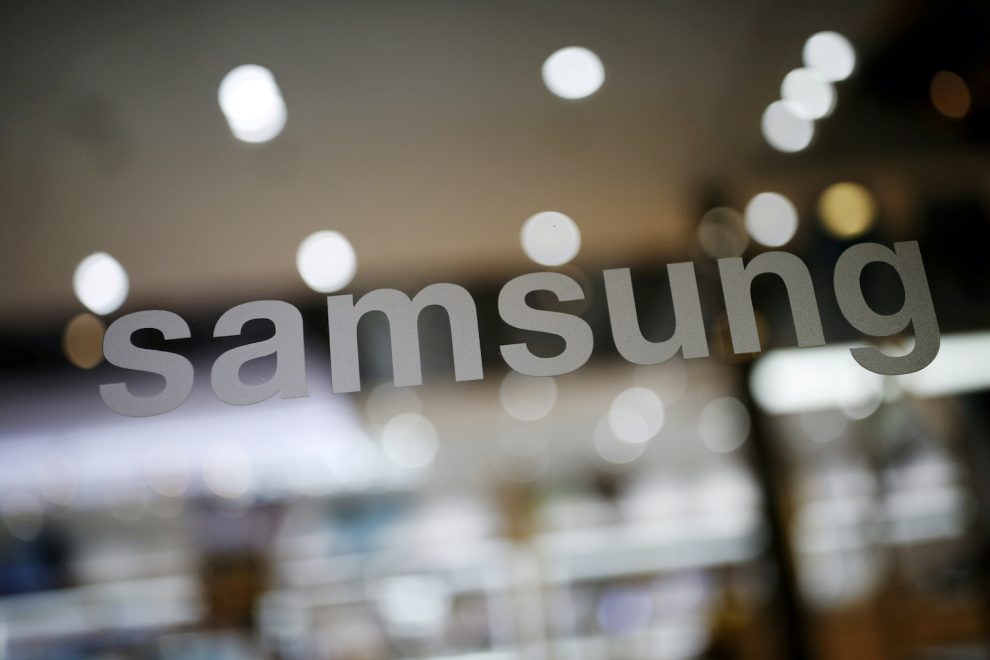Samsung Electronics, the world’s biggest memory chip and smartphone maker, said demand for server chips is expected to be relatively solid in the second half of 2022, as it reported a 51% rise in quarterly profit on Thursday.
The South Korean behemoth said robust data centre demand for high-margin memory chips helped revenue, but cautioned that component shortages would continue this year.
“While uncertainties related to the macroeconomic environment and geopolitical issues are likely to persist, the company will prioritise increasing the portion of advanced processes for components,” Samsung said in a statement.
Samsung’s operating profit rose to 14.1 trillion won ($11.1 billion) for the quarter ended March 31, from 9.38 trillion won a year earlier. That was its highest first-quarter profit since 2018, and in line with the company’s estimate earlier this month.
Profits in its chip business rose 5.1% to 8.45 trillion won, fuelled by record sales of server chips in the quarter. Overall revenue rose 19% to a record 77.8 trillion won.
Memory chip rival SK Hynix on Wednesday forecast solid demand for server chips but warned that sales to smartphone and personal computer customers was softening due to Covid-19 led lockdowns in China.
In Samsung’s non-memory chip business, the rising price of older chip models as well as improving yields at its chip contract manufacturing business lifted its earnings compared with the previous quarter, analysts said.
Operating profit at Samsung’s mobile and network business slipped about 0.6% on-year to 3.8 trillion won in the first quarter.
Smartphone Market Share
Samsung ramped up production of its mid-to-low-end Galaxy A series in the quarter to compete aggressively in the segment, while launching its flagship Galaxy S22 series.
It raised its smartphone market share to 24% during the period from 22% a year earlier, Canalys analyst Sanyam Chaurasia said.
The company said it expects chip demand from server clients to remain relatively solid in the second quarter, and the smartphone market is projected to continue to grow in the second half of the year.
However, component shortages and lack of capacity availability at its chip contract manufacturing facilities are also expected to continue.
Analysts said Samsung’s recent focus on selling more high-margin memory products to prioritise profitability over volume would ultimately limit shipments and help boost DRAM prices later in the year.
Samsung shares closed down 0.6% to 64,600 won on Thursday, compared with a 0.3% gain by Korea’s benchmark Kospi.
- Reuters, with additional editing by George Russell
























